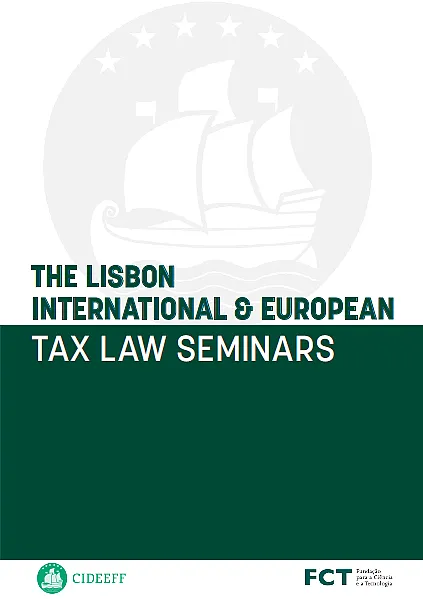Value creation, value capture, and value extraction: What theory for a new international tax system?

The idea of value creation has pervaded transactional tax discussions since the release of the OECD/G20 BEPS Project. Although recently relinquished as the main justification for the establishment of a new nexus to shift taxing rights to marketing jurisdictions under the Pillar One Proposal, value creation remains the benchmark for the BEPS Project that is still being invoked as the proper response to base erosion and profit shifting issues.
The ambiguous meaning of value creation, its relation to corporate income, how to geographically locate its source, and the lack of an underlying scientific theory that justifies its use as a proxy for allocating taxing rights are some of value creation standard’s main flaws. Many of the inconsistencies in its logic that is applied to taxation stem from an incomplete understanding of value. If taxation is to track it in order to drive tax allocation, it is necessary to adopt a value theory that encompasses all of the different value manifestations that go beyond the concept of value creation.
Such improvement is possible through a comprehensive value theory that adopts the concept of value capture that encompasses not only the notion of value creation but also the equally relevant one of value extraction. A value capture theory would more accurately account for all processes of wealth generation and distribution made possible by cooperation among countries and deliver a truly innovative international tax system.
Keywords: BEPS Project, Pillar One Proposal, allocation of taxing rights, value, value creation, value extraction, value capture, value chains, international tax system.
Recent Publications


